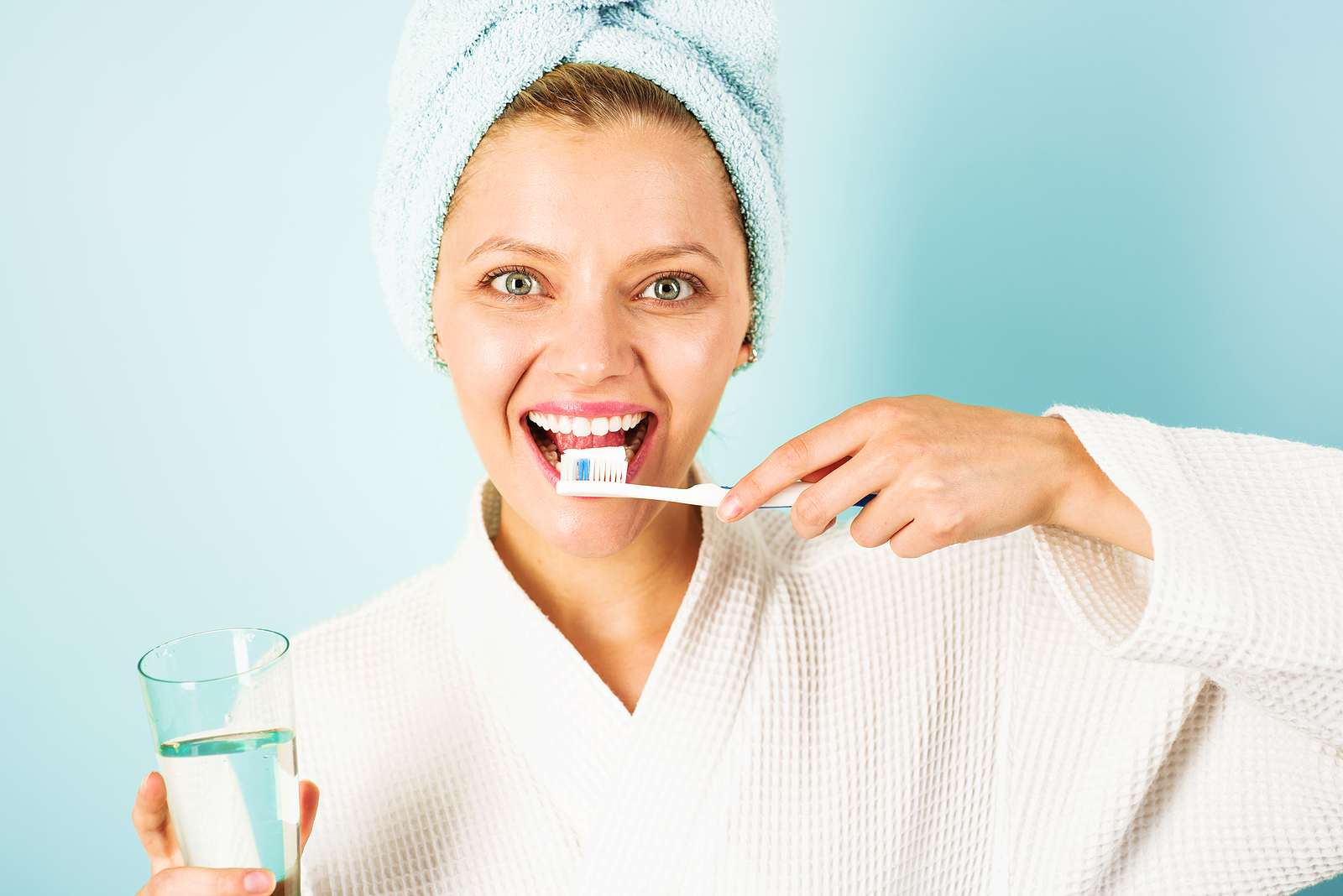Dental Hygiene Tips for Seniors: Maintaining Healthy Teeth and Gums as You Age
As we age, maintaining optimal dental health becomes increasingly crucial. For seniors, oral health is not just about keeping a bright smile; it also plays a significant role in overall health and quality of life. The Ustick Dental Office in Boise, ID, understands the unique challenges that come with aging and is dedicated to providing the best dental care and advice for seniors. In this comprehensive guide, we will explore essential dental hygiene tips for seniors, helping you maintain healthy teeth and gums well into your golden years.
- Understanding the Aging Process and Its Impact on Oral Health
Aging brings about several changes in the body that can affect oral health.Reduced salivary flow, commonly associated with aging, can lead to dry mouth (xerostomia). This conditionincreases the risk of tooth decay and gum disease. Additionally, seniors may experience changes in gum tissue, a higher likelihood of medicationsthat contributeto oral health issues, and an increased risk of oral cancer.Understanding these changes is the first step toward effective dental care.
- Regular Dental Check-Ups
Routine dental visits are crucial for seniors. Regular check-ups allow your dentist to monitor your oral health, catch potential issues early, and provide professional cleanings that help prevent plaque buildup and gum disease. The American Dental Association recommends that seniors visit their dentist at least twice a year or more frequently if they have specific oral health concerns.
- Proper Brushing Techniques
Effective brushing is essential for maintaining oral health. Seniors should use a soft-bristled toothbrush to avoid damaging delicate gums. Here are some brushing tips:
- Brush Twice Daily:Brush your teeth at least twice a day, ideally in the morning and before bed.
- Use Fluoride Toothpaste:Fluoride helps strengthen tooth enamel and can prevent decay. Ensure your toothpaste contains fluoride.
- Brush for Two Minutes:Spend two full minutes brushing to thoroughly clean all surfaces of your teeth.
- Be Gentle:Use gentle, circular motions to avoid irritating your gums. Avoid aggressive brushing, which can cause gum recession.
- Flossing: An Often-Overlooked Essential
Flossing is crucial for removing plaque and food particles from between teeth and below the gumline. For seniors, flossing can be challenging, but it's essential for preventing gum disease and cavities. Here's how to make flossing easier:
- Use Floss Picks or Dental Brushes:These tools can be easier to handle than traditional dental floss, especially for individuals with limited dexterity.
- Floss Once Daily:Floss at least once a day, ideally before bedtime, to remove plaque and debris.
- Stay Hydrated
Adequate hydration is vital for maintaining saliva flow, which helps protect your teeth and gums. Seniors who experience dry mouth should drink plenty of water throughout the day. Additionally, consider using saliva substitutes or oral moisturizers if dry mouth persists. Your dentist can recommend specific products to help with this condition.
- Diet and Nutrition
A balanced diet plays a significant role in oral health. Seniors should focus on a diet rich in vitamins and minerals that support dental health:
- Calcium and Vitamin D:These nutrients are essential for maintaining strong teeth and bones. Include dairy products, leafy greens, and fortified foods in your diet.
- Vitamin C:Essential for gum health, vitamin C can be found in citrus fruits, strawberries, and bell peppers.
- Limit Sugary and Acidic Foods:Reduce your intake of sugary snacks and drinks, which can contribute to tooth decay. Acidic foods can erode tooth enamel, so it's important to consume them in moderation and rinse your mouth with water afterward.
- Addressing Denture Care
Many seniors use dentures, which require proper care to ensure they remain in good condition. Follow these tips for denture maintenance:
- Clean Dentures Daily:Brush your dentures daily with a denture brush and non-abrasive cleaner. Avoid using regular toothpaste, which can be too harsh.
- Soak Dentures:Soak your dentures in a denture cleanser solution overnight to remove stains and bacteria.
- Rinse After Eating:Rinse your dentures after eating to remove food particles and prevent staining.
- Be Aware of Oral Health Conditions
Seniors are more susceptible to certain oral health conditions. Being aware of these conditions can help in early detection and treatment:
- Gum Disease:Gum disease can progress silently, so be vigilant for signs such as bleeding gums, persistent bad breath, or gum recession. Regular dental check-ups are crucial for early detection.
- Oral Cancer:Regular screenings for oral cancer are essential, especially if you have risk factors such as smoking or a history of oral cancer in your family.
- Tooth Sensitivity:Age-related tooth sensitivity can be managed with desensitizing toothpaste and by avoiding very hot or cold foods.
- Incorporate a Mouth Rinse
Using an antimicrobial mouth rinse can help reduce plaque buildup and gingivitis. Your dentist may recommend a specific mouthwash to suit your needs, particularly if you have issues such as dry mouth or gum disease. Ensure the mouth rinse you choose is alcohol-free if you experience dry mouth.
- Addressing Mobility and Dexterity Issues
As dexterity may decrease with age, it's important to use tools that make oral care easier. Consider electric toothbrushes with larger handles for a more comfortable grip. Additionally, adaptive aids like floss holders can help with flossing.
- Quit Smoking and Avoid Tobacco Products
Tobacco use significantly impacts oral health, increasing the risk of gum disease, oral cancer, and tooth loss. If you smoke or use tobacco products, seek support to quit. Your dentist can provide resources and strategies to help you stop.
- Educate Yourself and Stay Informed
Staying informed about changes in oral health as you age is essential. Your dentist can provide guidance on new products or techniques that may benefit you. Additionally, be proactive in learning about the latest dental care practices and maintaining open communication with your dental care provider.
- Personalized Dental Care
Each individual's oral health needs are unique, especially for seniors with specific health conditions or medications. Work closely with your dentist to develop a personalized dental care plan that addresses your specific needs and concerns.
- Embrace a Positive Attitude Toward Oral Health
Maintaining good oral hygiene can seem challenging at times, but a positive attitude toward oral health can make a significant difference. Regular dental visits, combined with diligent home care, can help you enjoy a healthier mouth and a better quality of life.
- The Role of Family and Caregivers
For seniors who may need assistance with dental care, family members and caregivers play a vital role.Ensure that caregivers are informed about proper oral hygiene practices and encourage regular dental visits. Together, you can help maintain your loved one's oral health.
Conclusion
Maintaining healthy teeth and gums as you age requires a proactive approach to dental care. By incorporating these dental hygiene tips into your daily routine, you can help ensure that your oral health remains in top condition throughout your senior years. Regular check-ups with your dentist, proper brushing and flossing techniques, a balanced diet, and addressing specific oral health concerns will all contribute to a healthier mouth and a better quality of life. At Ustick Dental Office in Boise, ID, we are here to support you every step of the way on your journey to optimal oral health. Don't hesitate to reach out to us with any questions or concerns you may have about your dental care.
Remember, a healthy smile is a key component of overall well-being, and with the right care, you can enjoy strong teeth and healthy gums for years to come.
To find out more about the dental services offered at Ustick Dental Office, call (208) 375-8720 or schedule an online consultation. You can also visit Dentist in Boise ID at 9733, W Ustick Rd, Boise, ID 83704












0 comments